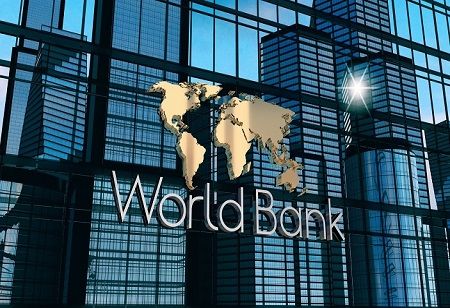The World Bank has sanctioned $1.25 billion in loans for the Philippines aimed at constructing secure and resilient schools and enhancing infrastructure within the maritime sector. According to a statement from the Washington-based multilateral lender, its executive directors have approved $500 million in funding for the "Infrastructure for Safer and Resilient Schools" project, alongside a $750 million policy loan intended to support reforms in domestic shipping. These new loans are anticipated to increase the government's debt to P15.02 trillion as of April this year.
The initial initiative aims to aid the resilient rehabilitation of schools affected by disasters in the Cordillera Administrative Region, Caraga, Central Luzon, Bicol, Western Visayas, Central Visayas, Eastern Visayas, Davao, and Soccsksargen. This funding will support the repair, rehabilitation, retrofitting, reconstruction, and site enhancements of schools severely impacted by recent earthquakes and tropical cyclones. According to the World Bank, these efforts will improve physical learning environments for more than 700,000 students, with girls comprising half of the beneficiaries.
Simultaneously, the World Bank funding aims to ensure that both central and local education authorities possess current protocols and information to operate and maintain restored school infrastructure effectively. “By strengthening the resilience of educational facilities, disruptions to learning caused by natural disasters can be minimized, ensuring that children can continue their education with fewer interruptions”, said Fernando Ramirez, senior disaster risk management specialist at WB.
Meanwhile, the second project will bolster reforms aimed at boosting investment in public service sectors and attracting private investment in public infrastructure, with a specific focus on domestic shipping, according to the World Bank. This initiative aims to advance renewable energy, enhance environmental protection, and bolster climate resilience.
Ralph van Doorn, a senior economist at the bank, stated that through these reforms, the WB hopes the Philippines can more quickly transition to a greener economy and achieve its environmental and climate objectives. “The reforms supported by this lending program, if implemented, will encourage private investment, innovation and sustained growth”, Van Doorn added.

